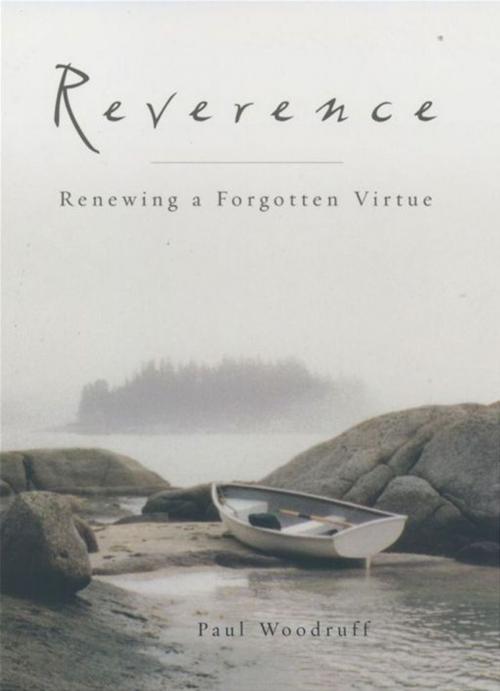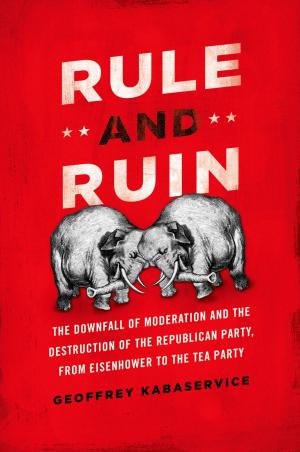| Author: | Paul Woodruff | ISBN: | 9780195147780 |
| Publisher: | Oxford University Press, USA | Publication: | September 20, 2001 |
| Imprint: | Oxford University Press, USA | Language: | English |
| Author: | Paul Woodruff |
| ISBN: | 9780195147780 |
| Publisher: | Oxford University Press, USA |
| Publication: | September 20, 2001 |
| Imprint: | Oxford University Press, USA |
| Language: | English |
Reverence is an ancient virtue dating back thousands of years. It survives among us in half-forgotten patterns of behavior and in the vestiges of old ceremonies. Yet, Paul Woodruff says, we have lost sight of reverence. Like an important engine part that has rusted over time, the idea of reverence has become increasingly foreign. This short, elegiac volume makes an impassioned case for the fundamental importance of the forgotten virtue of reverence, and how awe for things greater than oneself can--indeed must--be a touchstone for other virtues like respect, humility, and charity. Ranging widely over diverse cultural terrain--from Philip Larkin to ancient Greek poetry, from modern politics to Chinese philosophy--Woodruff shows how absolutely essential reverence is to a well-functioning society. He tackles some thorny questions: How does reverence allow not only for leaders but for followers? What role does reverence play in religion? Do some religions misuse reverence? Must reverence be humorless? In the process, Woodruff shows convincingly how reverence plays an unseen part in virtually every human relationship, whether in government, work, friendship, or family. It is essential, he says, for us to recover a sense of reverence in order to help repair the fraying bonds that tie us together. Elegantly written, thoughtful yet urgent, Reverence is sure to reach out to a wide variety of people interested in the moral health of Western culture, showing how our own intellectual and spiritual legacy can guide us more than we realize.
Reverence is an ancient virtue dating back thousands of years. It survives among us in half-forgotten patterns of behavior and in the vestiges of old ceremonies. Yet, Paul Woodruff says, we have lost sight of reverence. Like an important engine part that has rusted over time, the idea of reverence has become increasingly foreign. This short, elegiac volume makes an impassioned case for the fundamental importance of the forgotten virtue of reverence, and how awe for things greater than oneself can--indeed must--be a touchstone for other virtues like respect, humility, and charity. Ranging widely over diverse cultural terrain--from Philip Larkin to ancient Greek poetry, from modern politics to Chinese philosophy--Woodruff shows how absolutely essential reverence is to a well-functioning society. He tackles some thorny questions: How does reverence allow not only for leaders but for followers? What role does reverence play in religion? Do some religions misuse reverence? Must reverence be humorless? In the process, Woodruff shows convincingly how reverence plays an unseen part in virtually every human relationship, whether in government, work, friendship, or family. It is essential, he says, for us to recover a sense of reverence in order to help repair the fraying bonds that tie us together. Elegantly written, thoughtful yet urgent, Reverence is sure to reach out to a wide variety of people interested in the moral health of Western culture, showing how our own intellectual and spiritual legacy can guide us more than we realize.















